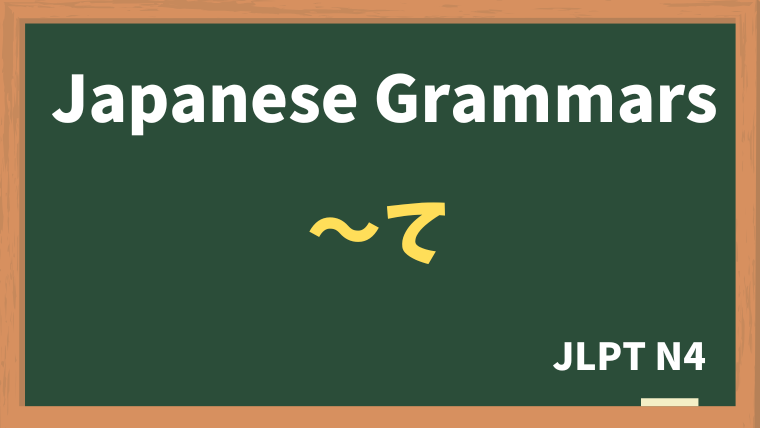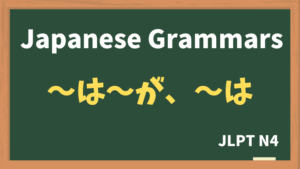
Explanation:〜って / 〜っていう
fa-check-circleMeaning
Used to indicate reasons or causes for certain actions, events, or situations in Japanese. When used this way, it can be translated as "because" or "due to," and it links a reason with a result or outcome. This structure is often seen in casual conversation and connects the reasoning clause to the main statement.
fa-check-circleForm
Verb(te - form)
い - adjectiveくて
な - adjectiveで
Nで
fa-check-circlePoints
- Indicates Cause or Reason: "〜て" highlights the reason or cause for the action or state in the following clause.
- Casual and Conversational: This usage is commonly found in informal spoken Japanese, though it can also appear in writing.
- Expresses Emotion or Personal Circumstances: This form often connects events with personal emotions, physical conditions, or situations, making it useful for conveying a speaker’s feelings about a particular cause.
fa-check-circleJLPT Level
N4
Sample sentenes
友達に 会えなくて、さみしいです。
I’m lonely because I can’t meet my friend.
お酒を 飲みすぎて、気分が 悪いです。
I drank too much, so I feel sick.
バスが 遅れて、授業に 遅刻しました。
The bus was late, so I was late to class.
遅れて、ごめん。
I'm sorry for being late.
眠くて、授業に 集中できません。
I'm sleepy and can't concentrate in class.
台風で 大きな 木が たくさん 倒れた。
Many big trees fell down due to the typhoon.
津波で 多くの 人が 亡くなった。
A lot of people died due to the tsunami.
風邪で、会社を 休みました。
I caught a cold, so I took a day off work.
Vocabulary
| Japanese | English | |
| 集中する | しゅうちゅうする | to concentrate |
| 倒れる | たおれる | to fall down |






